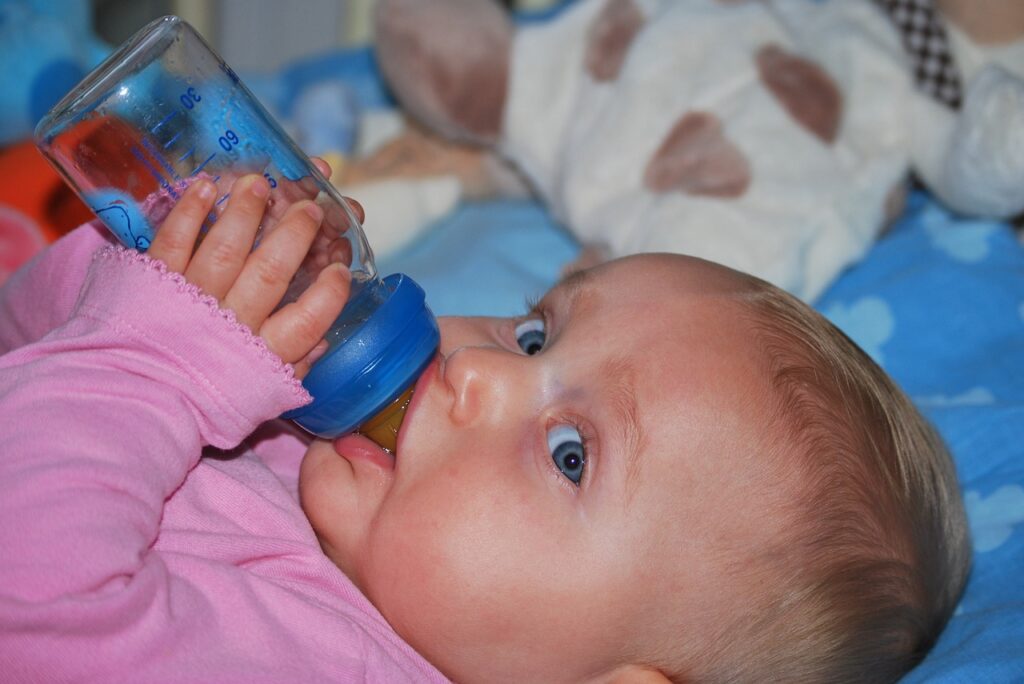Severe Baby Formula Shortage Worsening Despite Restocking Efforts?
A baby formula shortage has been plaguing the United States for the better part of the year, and it's not yet getting better.

A severe baby formula shortage has been plaguing the United States for the better part of the year. Supply chain disruptions and an unforeseen factory closure primarily fueled the severe lack of supplies. At the height of the formula shortage, stores in some states were reporting as much as a 90% reduction in overall supply availability. The situation became so dire that the Food and Drug Administration (FDA) stepped in to help alleviate it. Unfortunately, while supplies have somewhat improved, the baby formula shortage remains a very visible and pertinent issue nationwide.
Across the nation, retailers are reporting average baby formula out-of-stock rates at around 30%, according to the Wall Street Journal. Out-of-stock percentages are even higher in states like Alaska, Utah, and Wyoming, further proving that the baby formula shortage is still going strong. Retailers are also reporting a noticeable lack in the varieties they are receiving in shipments. IRI, a market research firm, determined that on average retailers are only stocking about 11 different types of formula. This is down from the 24 varieties that were typically found on shelves since 2018.
Moreover, the baby formula shortage is affecting individual retailers differently. Keith Milligan, who operates Piggly Wiggly stores throughout George and Alabama, detailed that he has been only able to stock his stores’ shelves with 10 different types of formula. He typically carries 30 different varieties, Milligan told the Wall Street Journal.
There is a slew of compounding factors that have allowed the baby formula shortage in the US to sustain. However, a big part of the reason for the slow bounce back in overall supplies has to due with the repeated closure of Abbot Laboratories. Abbot is responsible for making about 1/5 of the United States’ overall baby formula supplies. At the beginning of the year, the factory was forced to close after the death of two infants had been potentially linked to formula coming out of their facility in Sturgis, Michigan. When the factory finally did reopen it was forced to close again after a severe storm caused part of it to flood. Thankfully, Abbot is operational again and is expected to start shipping much-needed supplies by the end of the month.
As Abbot ramps up production at its facilities again, other US producers are aiming to increase their output in an effort to quell the baby formula shortage once and for all. The FDA has also been coordinating with domestic and international suppliers to get supplies from overseas into the US. So far, this stop-gap measure has resulted in supplies equivalent to 55 million 8-ounce bottles being imported from Europe, Australia, and Mexico. Thanks to the combined efforts of all parties involved in combatting the baby formula shortage that has gone on too long, there finally looks to be an end in sight. If all goes as planned, hopefully in the weeks ahead parents can breathe a sigh of relief when they find store shelves fully stocked with all the formula needed to feed their infants.











